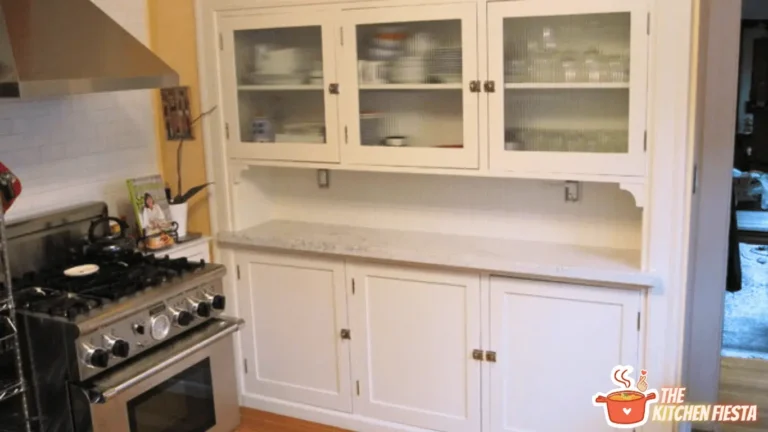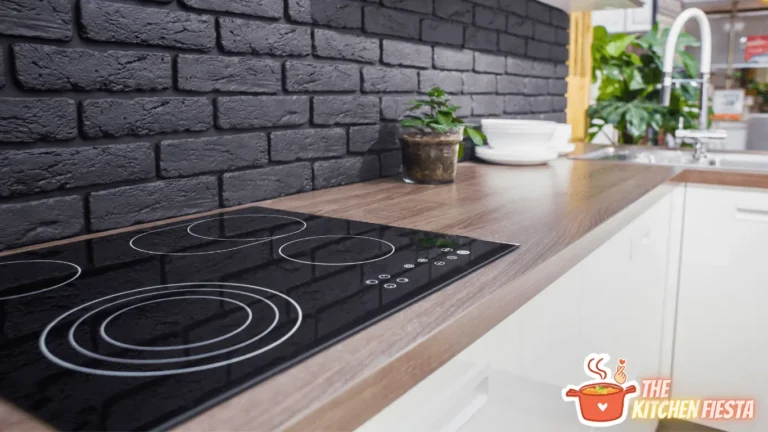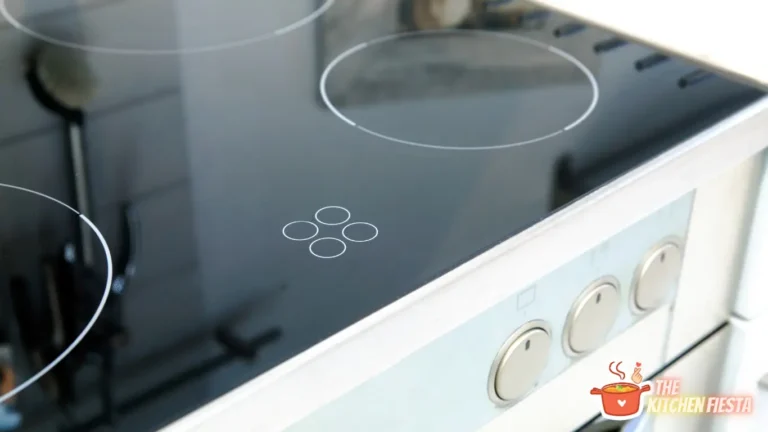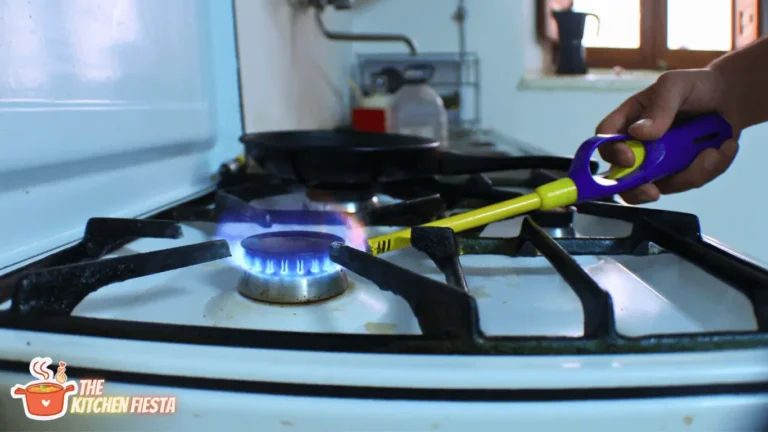Gas vs. Electric Ovens: Which Do Bakers Prefer?
The choice of the oven can make all the difference. Bakers have long debated whether gas or electric ovens are better for baking. While both types of ovens have advantages and disadvantages, some key differences can impact the quality of baked goods.
We decided to investigate this topic and gather some information to help answer the question: do bakers prefer gas or electric ovens? In our research:
We found that bakers consider several factors when choosing between gas and electric ovens. These include temperature control, heating speed, and moisture retention. We also found that bakers need a clear consensus about which type of oven is better for baking, as it often comes down to personal preference and the type of baked goods being made.
This article will explore the pros and cons of gas and electric ovens for baking and provide some insights from professional bakers on their preferences.
Types of Ovens
The type of oven you use can make all the difference in the final product. There are two main types of ovens: gas and electric.
Gas Ovens
Gas ovens use natural gas or propane as a fuel source to heat the oven. They tend to heat up quickly and provide more direct heat, benefiting specific cooking techniques. Many bakers also prefer gas ovens because they allow more moisture to be retained in the food, resulting in a more tender and flavorful end product.
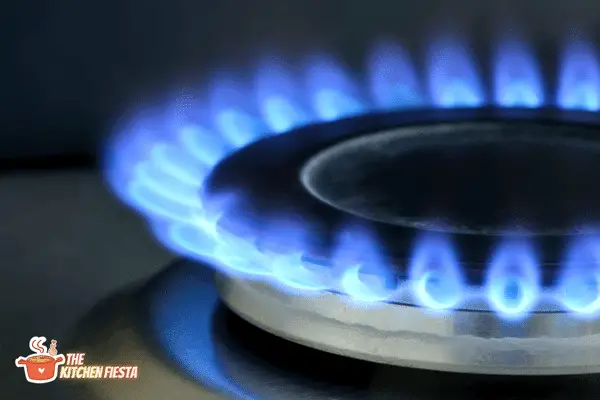
One downside of gas ovens is that they can be more difficult to control the temperature, leading to uneven baking. Furthermore, gas ovens can be more expensive than electric ones, especially if you still need to install a gas line in your home.
Electric Ovens
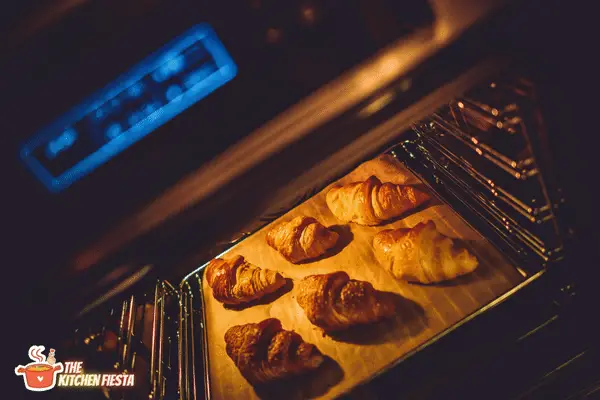
Electric ovens use electricity to heat the oven. They tend to have more precise temperature control. They are often better for baking delicate items such as cakes and pastries. Electric ovens also tend to be more energy-efficient than gas ovens, saving you money on your energy bill in the long run.
One drawback of electric ovens is that they can take longer to heat up than gas ovens. Additionally, electric ovens provide a different level of direct heat than gas ovens, making it more difficult to achieve certain cooking techniques.
Baking Differences Between Gas and Electric Ovens
Gas and electric ovens have unique characteristics that can affect the outcome of your baked goods.
1. Heat Distribution
One of the main differences between gas and electric ovens is how they distribute heat. Gas ovens use a flame to heat the oven, while electric ovens use heating elements. This can affect the way your baked goods cook.
Gas ovens tend to have hot spots, meaning certain areas of the oven may be hotter than others. This can result in uneven baking, with some parts of your baked goods overcooked and others undercooked. On the other hand, electric ovens tend to have more even heat distribution, which can result in more consistent baking.
2. Moisture Retention
Another key difference between gas and electric ovens is how they retain moisture. Gas ovens tend to be more humid than electric ovens, which can benefit certain types of baked goods. For example, bread and other baked goods that need to rise can benefit from the extra moisture in a gas oven.
On the other hand, electric ovens tend to be drier than gas ovens, which can benefit baked goods that need to be crisp, such as cookies and pastries. The dry heat of an electric oven can help these baked goods develop a crispy exterior.
3. Temperature Control
Temperature control is another important factor when choosing between a gas and an electric oven. Gas ovens heat up faster than electric ovens, which can be beneficial if you’re short on time. However, gas ovens can be more difficult to control regarding temperature. This can make achieving the exact temperature you need for your baked goods harder.
On the other hand, electric ovens tend to be more precise regarding temperature control. They also tend to hold their temperature better than gas ovens, which can be beneficial for longer baking times.
Factors to Consider When Choosing an Oven
When choosing an oven for baking, there are several factors to consider. We have listed some of the most important factors below to help you make an informed decision.
1. Cost
The cost of an oven is an important factor to consider. Gas ovens are more expensive upfront but generally cheaper to operate in the long run. On the other hand, electric ovens are usually cheaper to purchase but can be more expensive to operate. Consider your budget and long-term expenses when choosing an oven.
2. Energy Efficiency
Energy efficiency is another important factor to consider when choosing an oven. Gas ovens are more energy-efficient than electric ovens, as they use less energy to heat up and maintain the desired temperature. Electric ovens are more efficient at converting energy into heat so they can be more efficient overall. Look for ovens with an Energy Star rating to ensure you get an efficient appliance.
3. Ease of Use
Gas ovens are more difficult to use, requiring manual temperature adjustments and being harder to control. On the other hand, electric ovens are easier to use and usually come with various features that make baking easier, such as programmable controls and pre-set cooking modes.
4. Maintenance
Gas ovens require more maintenance than electric ovens, as they have more parts that can wear out or break down over time. They require regular cleaning to prevent the buildup of grease and other debris. On the other hand, electric ovens require less maintenance and are generally easier to clean.
Expert Opinions
Bakers have their own opinions based on their personal experiences and preferences.
Baker Preferences
According to a survey conducted among 100 professional chefs in the USA, 68% of them preferred using gas ovens. They cited several reasons for their preference, including:
- Gas ovens heat up quickly and provide more direct heat, benefiting specific cooking techniques.
- Gas ovens allow more control over the cooking process, especially when adjusting the temperature.
- Gas ovens tend to be more reliable, with fewer maintenance issues.
Some bakers prefer electric ovens for their precision in temperature control, which is essential for baking delicate pastries and desserts. Electric ovens also tend to be more consistent in their heat distribution, which can result in even baking.
Industry Insights
Industry experts also have opinions on the gas vs. electric oven debate. Here are some insights from industry professionals:
- According to the National Restaurant Association, gas ovens are more popular in commercial kitchens because they are more efficient and cost-effective in the long run.
- Electric ovens are gaining popularity due to their energy efficiency and precise temperature control.
- Regarding safety, gas ovens can be dangerous if not properly installed or maintained. In contrast, electric ovens are generally considered safer.
Summary
Gas ovens are known for their quick preheating time and more precise temperature control, which makes them a popular choice for many bakers. On the other hand, electric ovens tend to heat more evenly and have more consistent temperatures throughout the oven. This makes them better for baking delicate items like cakes and pastries.
Ultimately, the choice between gas and electric ovens comes down to personal preference and the type of baking being done. Bakers should consider factors like preheating time, temperature control, and evenness of heat distribution when making their decision.
FAQs
Can You Use A Gas Oven For Baking?
Absolutely! Gas ovens are highly useful for baking food like pies and bread due to their moisture-releasing and food-softening abilities. Gas ovens require more attention and skill regarding temperature and moisture control. Some bakers find gas ovens trickier, especially when baking delicate items like cakes and pastries.
What Are The Benefits Of An Electric Oven For Baking?
Electric ovens are highly recommended for cakes and crispy foods due to their low humidity providing a dry environment. They are also generally more energy efficient than gas ovens, which can be a big plus for bakers looking to save on energy costs. Electric ovens have more even heating and better temperature control, which can be beneficial for baking tasks that require precise temperatures.
How Can I Tell If My Oven Is Gas Or Electric?
If you need to find out whether your oven is gas or electric, there are a few ways to tell. One way is to look at the burner or heating element. If you see a flame, it’s a gas oven. If you see a heating element, it’s an electric oven. Another way to tell is to check the manual or look up the model number online. This information should be readily available and help determine whether your oven is gas or electric.


